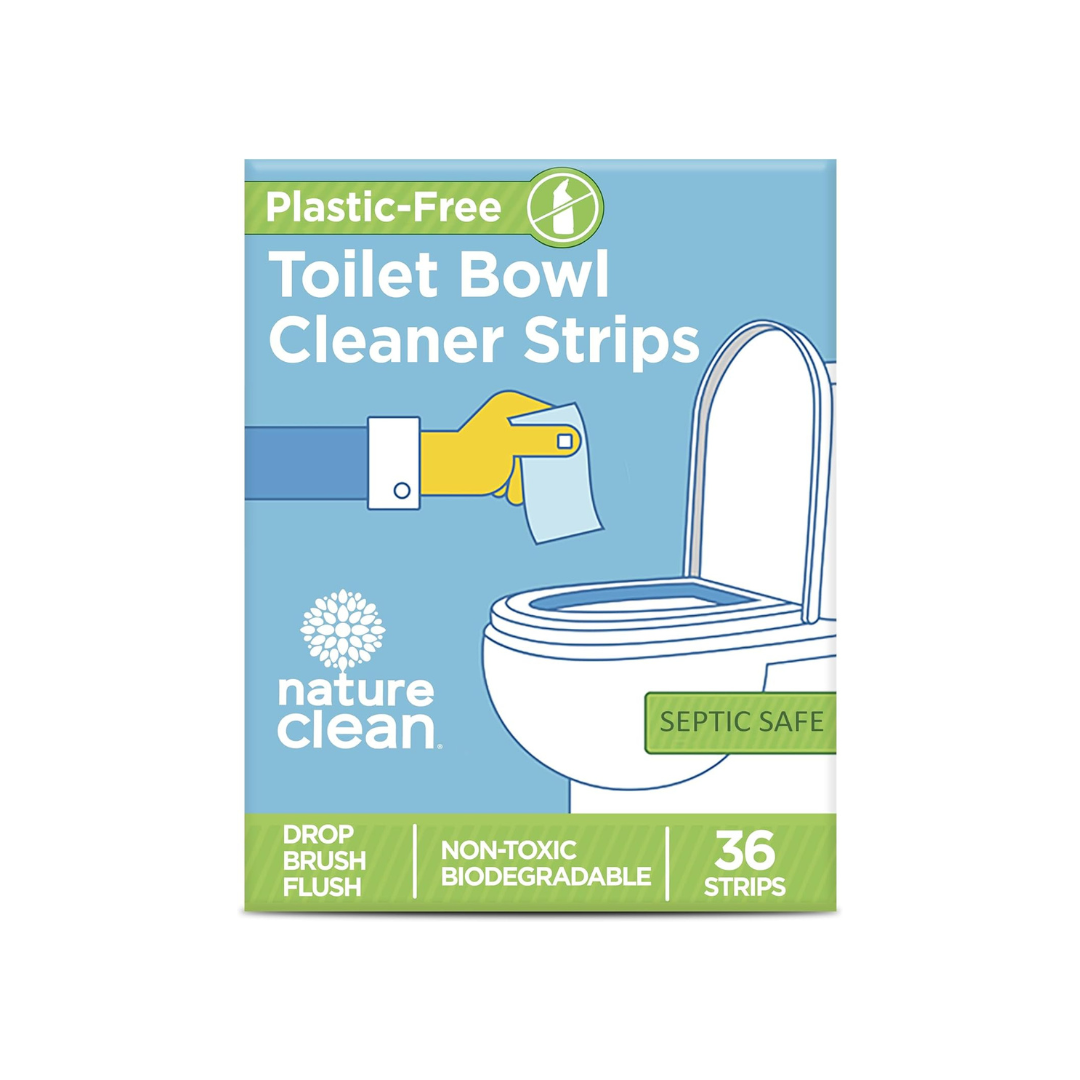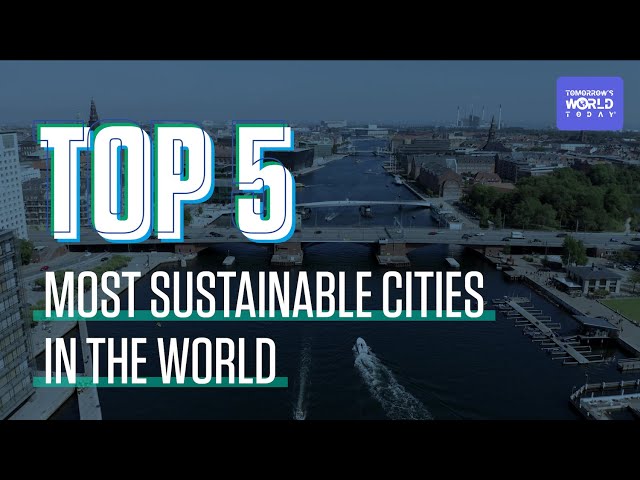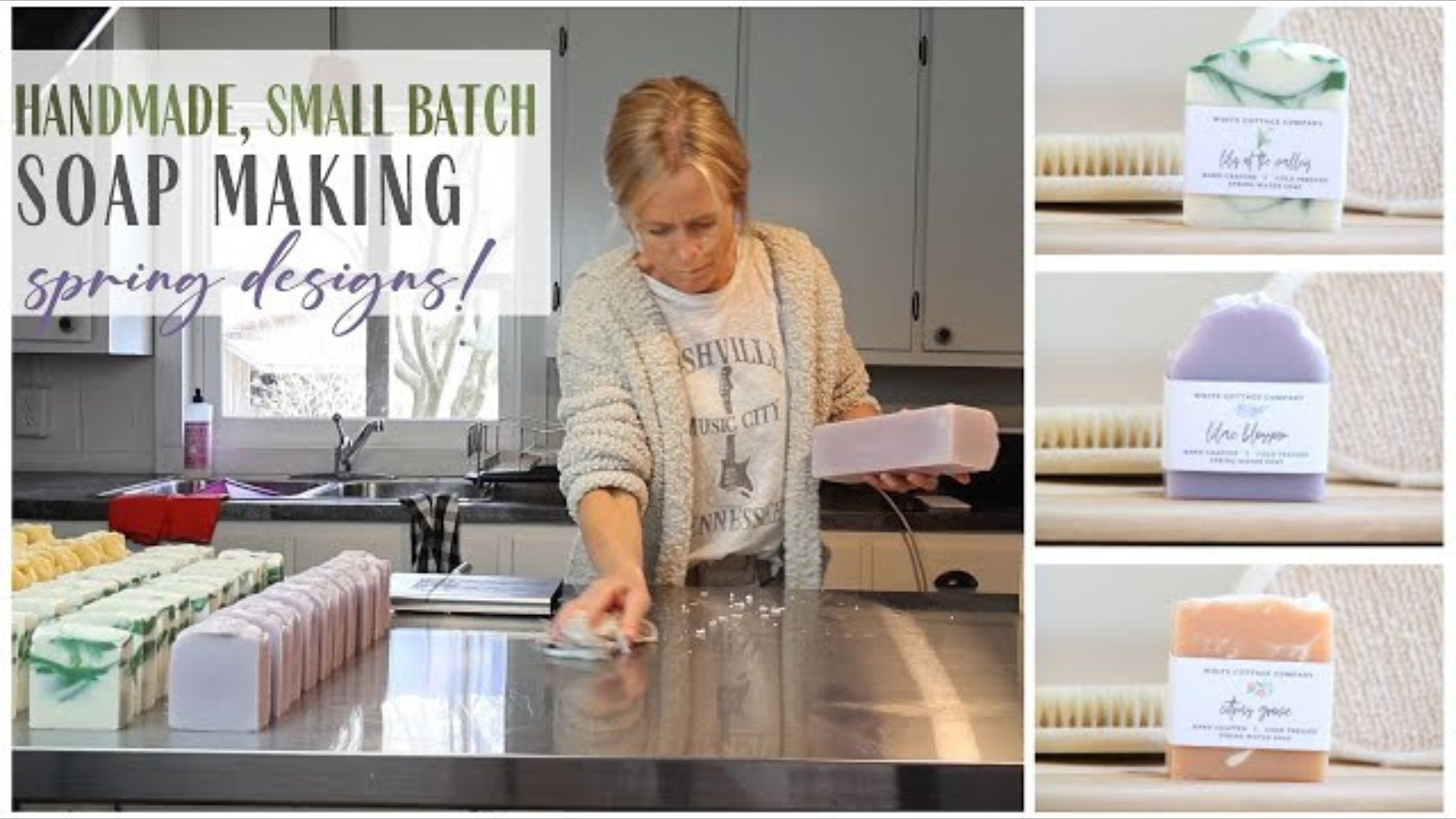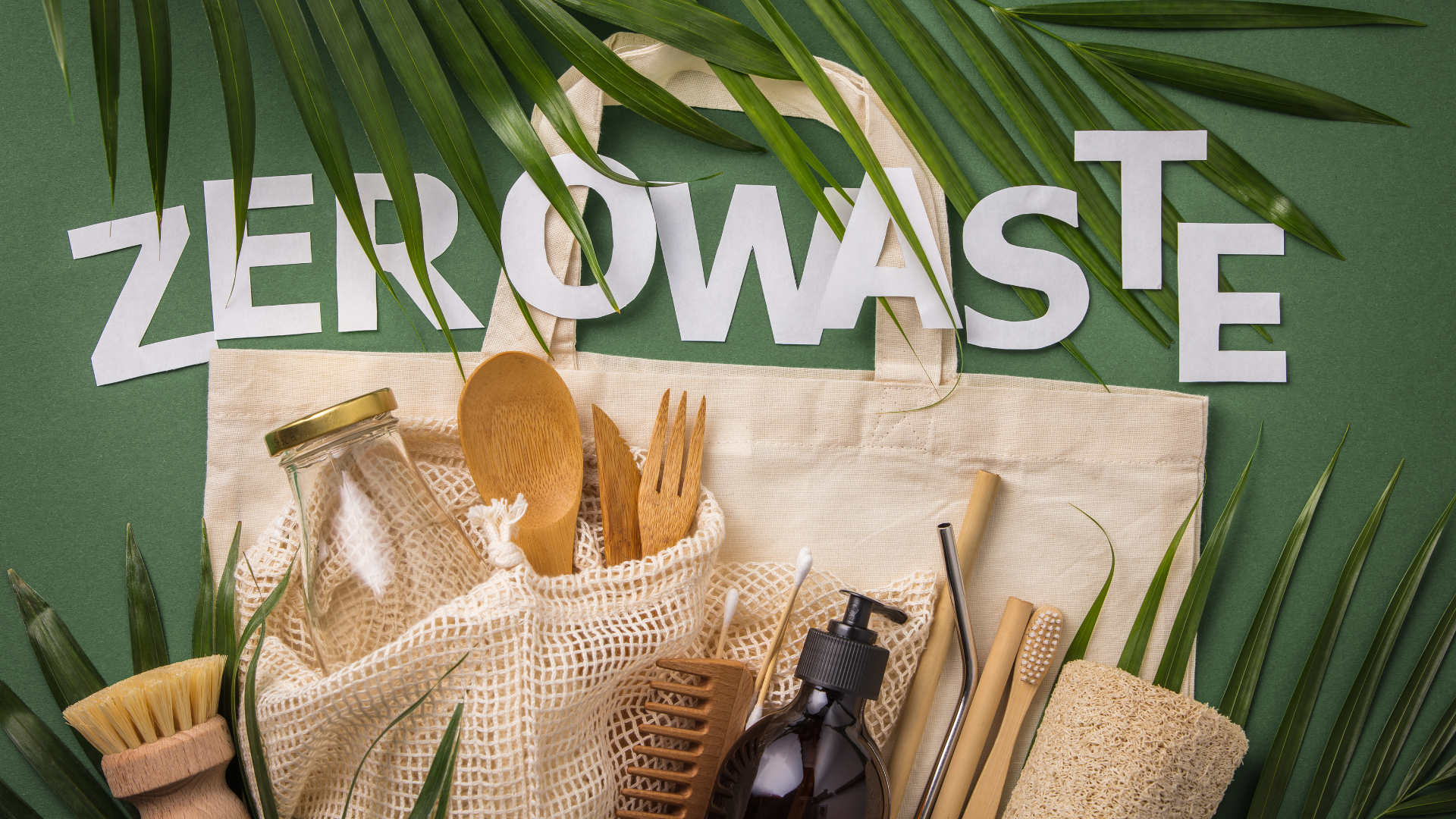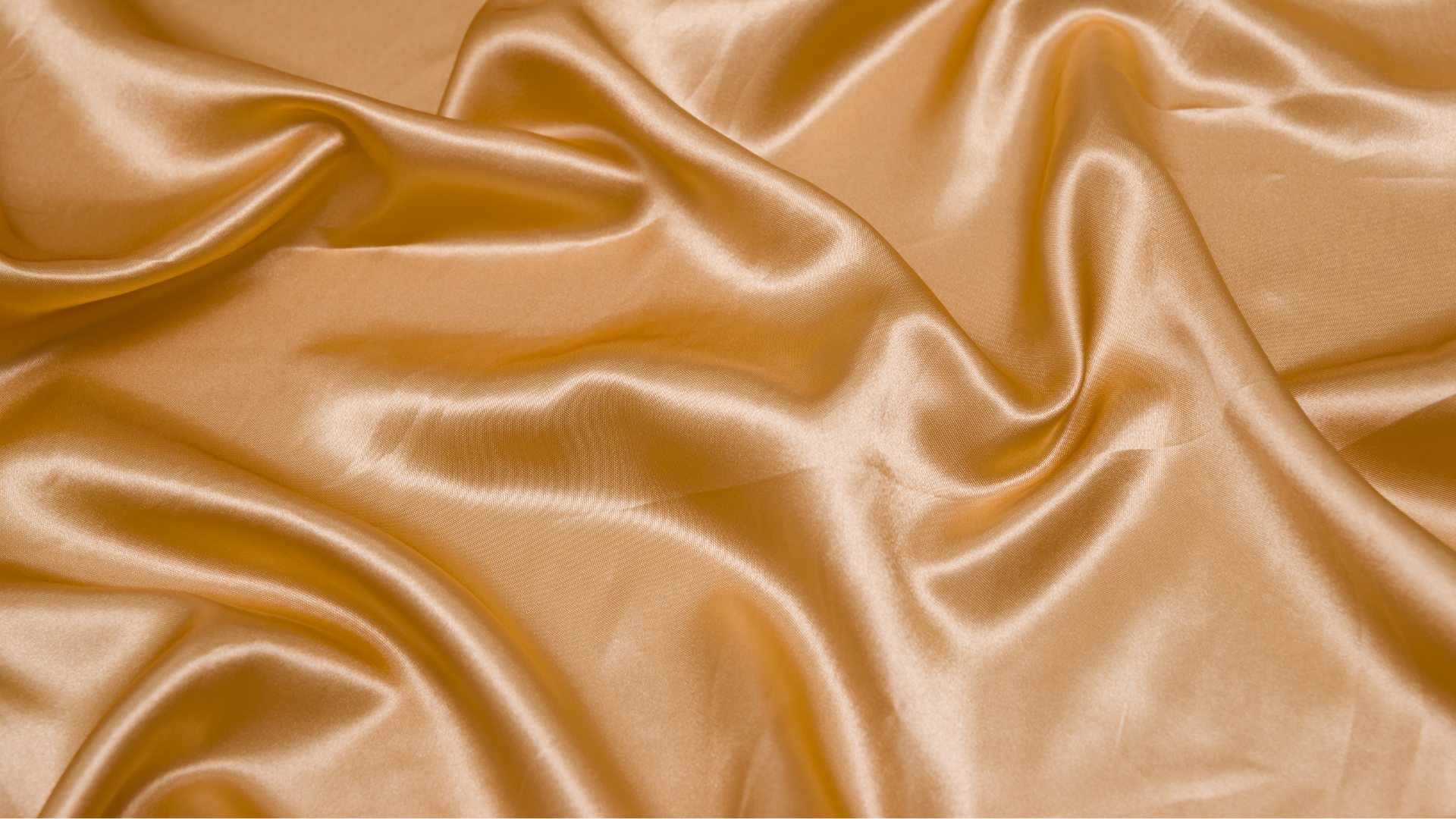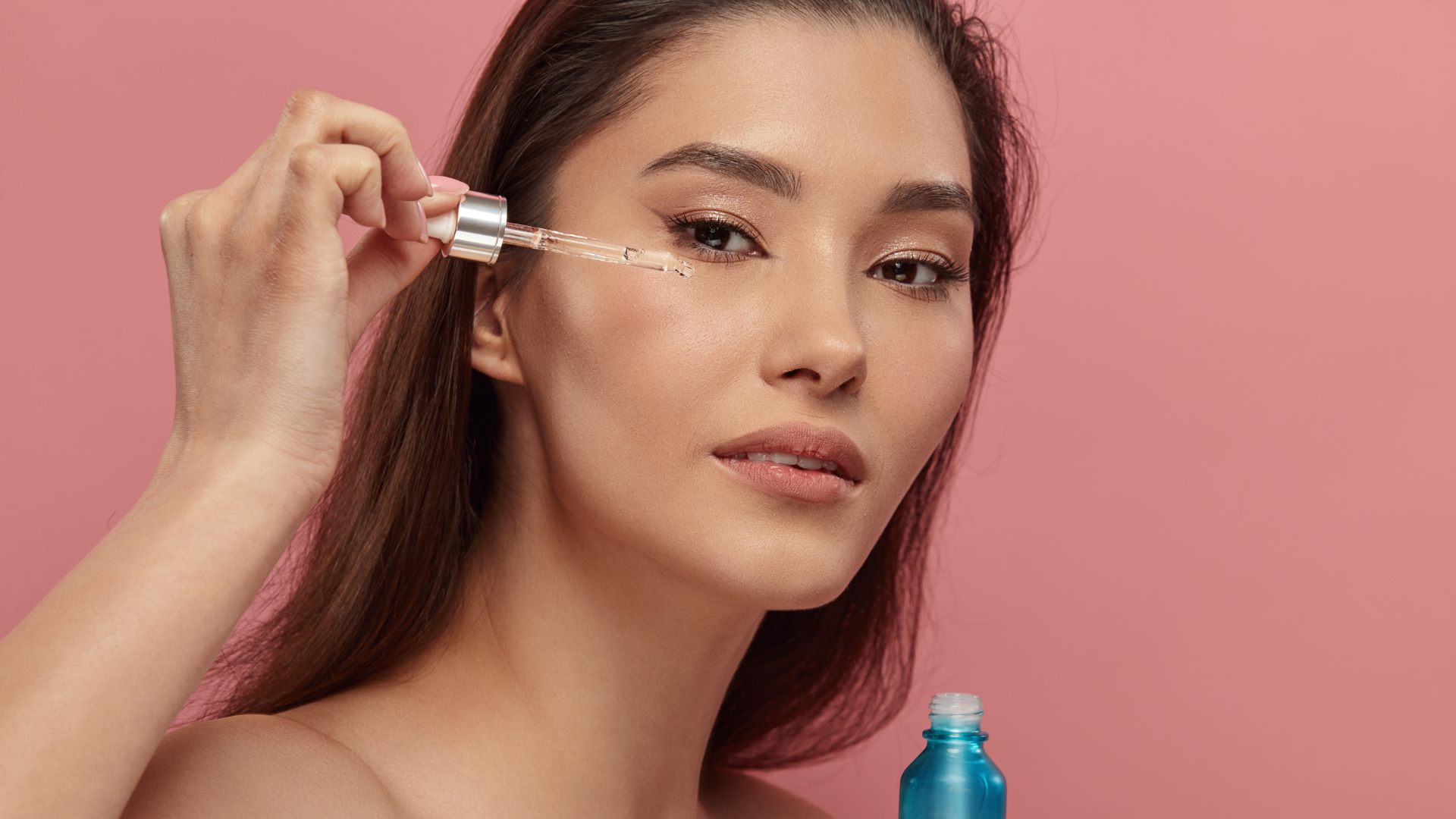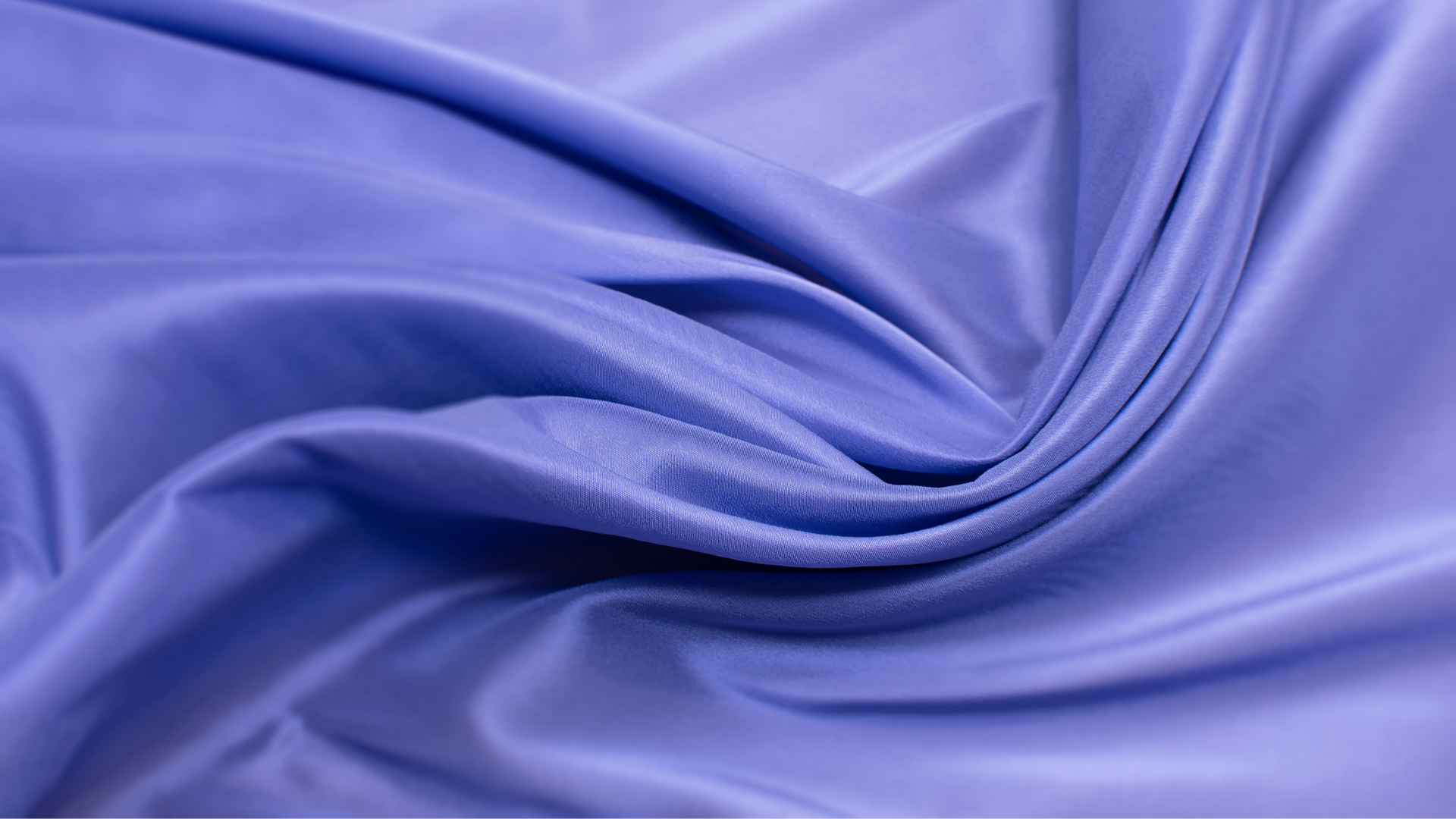Ingredients replaced in vegan cosmetics.
Vegan makeup has emerged as a significant category in the beauty industry, driven by the increasing demand for ethical and sustainable alternatives. Defined as cosmetics that exclude any ingredients derived from animals or their byproducts, vegan makeup stands as a symbol of conscious beauty. Unlike cruelty-free makeup, which only ensures that products are not tested on animals, vegan makeup takes a step further by eliminating animal-derived substances altogether.
The growing awareness around ethical consumption and environmental sustainability has positioned vegan makeup as more than just a niche trend. It represents a holistic approach to beauty that aligns with values of compassion, sustainability, and health. At Sustai Market, we recognize the importance of such conscious choices and offer products that meet stringent criteria, backed by tools like the Sustai Score and Sustai Badges to guide consumers in making informed decisions.
How Vegan Makeup Differs from Cruelty-Free Makeup
One common misconception is that vegan and cruelty-free are interchangeable terms. While they often overlap, there are distinct differences:
-
Cruelty-Free Makeup: These products are not tested on animals at any stage of production. However, they may still contain animal-derived ingredients such as beeswax, carmine, or lanolin.
-
Vegan Makeup: This category excludes all animal-derived substances, regardless of the testing methods used.
For example, a cruelty-free lipstick may still contain carmine, a pigment derived from crushed cochineal insects, while a vegan lipstick would use plant-based or synthetic alternatives. The ethical foundation of vegan makeup makes it appealing to consumers who seek to avoid contributing to animal exploitation in any form.
To ensure clarity when shopping, Sustai Market prioritizes transparency by labeling products with both vegan and cruelty-free certifications. Our platform provides clear distinctions, helping users align their choices with their values.
Common Non-Vegan Ingredients in Traditional Makeup
Understanding the hidden non-vegan ingredients in makeup is essential for making conscious beauty choices. Below are some of the most common animal-derived substances found in conventional cosmetics:
-
Beeswax (Cera Alba)
-
Found in lip balms, mascaras, and creams, beeswax acts as a stabilizer and emulsifier.
-
Vegan alternatives: Candelilla wax and carnauba wax.
-
-
Carmine
-
A red pigment extracted from cochineal insects, often used in lipsticks and blushes.
-
Vegan alternatives: Beetroot extracts or synthetic red dyes.
-
-
Lanolin
-
Derived from sheep’s wool, lanolin is a common ingredient in moisturizers and lip products for its emollient properties.
-
Vegan alternatives: Plant-based oils like coconut or shea butter.
-
-
Collagen and Keratin
-
Sourced from animal bones or connective tissue, these are used in anti-aging products and hair care formulations.
-
Vegan alternatives: Peptides from yeast or algae.
-
-
Tallow
-
Rendered fat used in soaps and some foundations for texture.
-
Vegan alternatives: Plant-based stearic acid.
-
Other examples include shellac (from lac bugs), gelatin (animal skin and bones), and silk protein. Identifying these ingredients requires careful scrutiny of product labels, making certifications even more critical.
Replacing Non-Vegan Ingredients with Plant-Based Alternatives
Innovations in plant-based formulations have made it easier than ever for brands to replace animal-derived ingredients with ethical and effective alternatives:
-
Beeswax Substitutes: Candelilla wax, derived from the candelilla shrub, offers a similar consistency without animal involvement. Carnauba wax, sourced from palm leaves, is another sustainable option.
-
Carmine Alternatives: Natural pigments from fruits and vegetables, such as beetroot or red radish, provide vibrant hues for vegan cosmetics.
-
Lanolin Replacements: Shea butter and jojoba oil are excellent emollients that nourish the skin without the need for animal byproducts.
-
Collagen Substitutes: Vegan collagen derived from algae or yeast offers anti-aging benefits comparable to its animal-derived counterpart.
-
Tallow Alternatives: Plant-derived stearic acid ensures creamy textures in foundations and soaps while maintaining a vegan profile.
These advancements highlight the ability of vegan makeup to match and often exceed the performance of traditional products while staying true to ethical and sustainable principles.
How Vegan Makeup Aligns with Sustainability
The shift toward vegan makeup is not just an ethical choice but also an environmentally conscious one. By avoiding animal agriculture and its byproducts, vegan makeup reduces the environmental footprint of beauty production. Animal agriculture is a leading contributor to deforestation, water pollution, and greenhouse gas emissions. Eliminating the need for animal-derived ingredients helps mitigate these impacts.
Moreover, many vegan makeup brands focus on sustainable ingredient sourcing and eco-friendly packaging. At Sustai Market, products are evaluated not only for their vegan status but also for their overall environmental impact. Our Sustai Score system ensures that consumers can choose makeup that aligns with their values, whether it’s reducing carbon footprints or supporting cruelty-free practices.
By combining ethical beauty with sustainable practices, vegan makeup embodies a forward-thinking approach to personal care that resonates with a growing audience of conscious consumers.
The Benefits of Transitioning to Vegan Makeup
Switching to vegan makeup comes with an array of advantages that go beyond ethical considerations. Here’s how this choice positively impacts personal health, the environment, and animal welfare:
-
Healthier Formulations
Many vegan makeup products avoid harmful chemicals like parabens, phthalates, and sulfates. Instead, they prioritize clean, plant-based ingredients that nourish the skin while providing effective results. For individuals with sensitive skin, vegan options are often gentler and less likely to cause irritation or allergic reactions. -
Cruelty-Free Practices
By excluding animal-derived ingredients, vegan makeup inherently supports cruelty-free practices. This ensures that no animals are exploited or harmed during production. -
Environmental Sustainability
As discussed in Part 1, the environmental footprint of vegan products is significantly lower than that of traditional cosmetics. By reducing reliance on animal agriculture, vegan makeup contributes to reduced deforestation, lower greenhouse gas emissions, and decreased water usage. -
Promoting Ethical Consumerism
Choosing vegan products sends a strong message to the beauty industry, encouraging more brands to adopt sustainable and cruelty-free practices. This creates a ripple effect, driving innovation and ethical transparency across the market.
Challenges of Adopting Vegan Makeup
While the benefits of vegan makeup are undeniable, transitioning can present challenges. Here’s how to navigate them effectively:
-
Ingredient Transparency
Deciphering product labels can be tricky, especially when ingredients like “stearic acid” or “glycerin” may be plant- or animal-derived. Opt for brands that clearly label their products as vegan or rely on trusted retailers like Sustai Market, where every product is vetted for its vegan status. -
Limited Availability in Niche Categories
Although the market for vegan makeup is growing, certain categories like waterproof mascaras or highly pigmented lipsticks may have fewer options. Look for innovative vegan brands that use plant-based or synthetic alternatives without compromising performance. -
Higher Price Points
Some vegan products may cost more due to the use of high-quality, sustainably sourced ingredients. However, the long-term benefits to personal health and the environment outweigh the initial investment. -
Misinformation and Greenwashing
Some brands may falsely claim to be vegan or cruelty-free as part of a marketing strategy. To avoid greenwashing, rely on certified labels and trusted platforms like Sustai Market that provide transparency through tools like the Sustai Score and Sustai Badges.
Certifications and Labels to Look For
When shopping for vegan makeup, it’s essential to identify certifications that guarantee ethical practices. Here are the most reliable labels to look for:
-
Certified Vegan
Indicates that the product contains no animal-derived ingredients. -
Leaping Bunny
Ensures that no animal testing has occurred at any stage of production. -
PETA’s Beauty Without Bunnies
Verifies both cruelty-free and vegan products. -
Sustai Badges
At Sustai Market, our badges make it easy to identify products that align with vegan, cruelty-free, and sustainable values.
By seeking these certifications, consumers can shop with confidence, knowing their purchases align with their ethical standards.
Building a Vegan Makeup Routine
Transitioning to vegan makeup doesn’t have to happen overnight. Here are practical steps to build a fully vegan makeup routine:
-
Assess Your Current Collection
Start by identifying which products in your current routine are not vegan. Use this as an opportunity to research alternatives. -
Replace Gradually
As you finish non-vegan products, replace them with vegan options. This approach minimizes waste and ensures a smooth transition. -
Focus on Staples First
Prioritize essentials like foundation, mascara, and lipstick, as these are used most frequently. Vegan options in these categories are widely available. -
Explore Multi-Use Products
To simplify your routine, consider vegan multi-use products that can serve as both blush and lip tint or foundation and concealer. -
Shop with Trusted Retailers
Platforms like Sustai Market simplify the transition by curating a selection of verified vegan products, ensuring both quality and ethical standards.
Top Vegan Makeup Brands to Consider
The vegan beauty space is thriving, with many brands offering innovative, high-quality products. Here are some standout names available at Sustai Market:
-
Aether Beauty
Known for its zero-waste packaging and high-performing eyeshadows, Aether Beauty sets the standard for sustainable and vegan beauty. -
E.l.f. Cosmetics
This affordable brand offers a range of vegan and cruelty-free makeup, from primers to lipsticks. -
Milk Makeup
With a focus on clean ingredients and bold formulations, Milk Makeup is a favorite for those seeking modern, vegan cosmetics. -
Pacifica
A leader in vegan and cruelty-free beauty, Pacifica offers everything from foundation to fragrances.
By choosing these brands, consumers can embrace vegan makeup without compromising on quality or style.
Why Vegan Makeup Matters
Vegan makeup is more than a trend—it’s a movement toward ethical and sustainable beauty. By understanding its principles, addressing challenges, and building a thoughtful routine, consumers can make choices that benefit their health, the environment, and animal welfare. At Sustai Market, we’re proud to support this shift with tools like the Sustai Score and curated collections that prioritize transparency and sustainability. Together, we can redefine beauty as a force for good.



